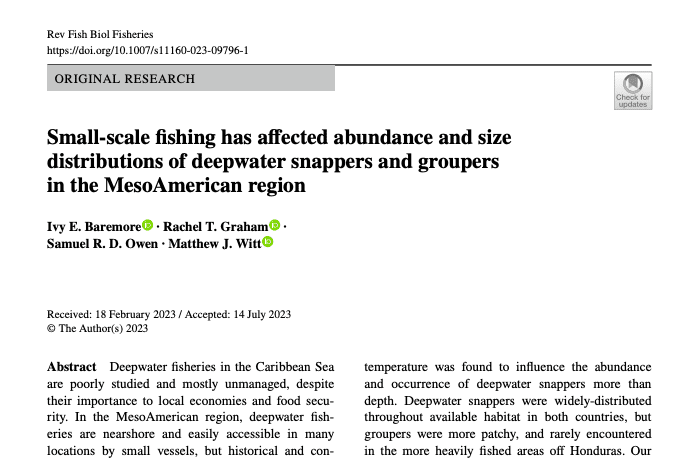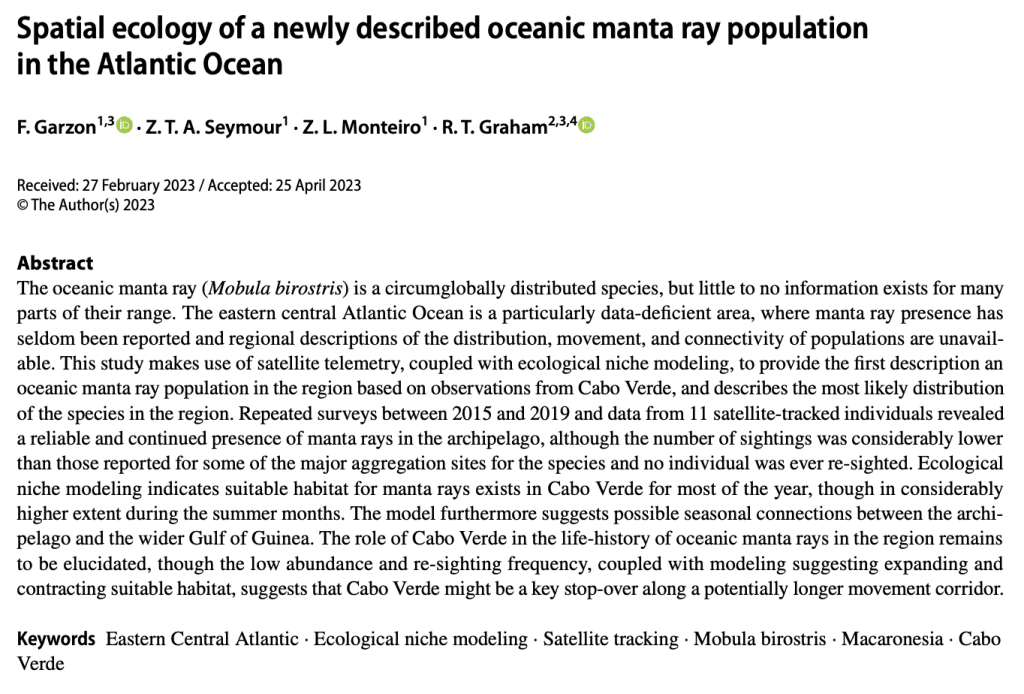The coast of Honduras, Central America, represents the southern end of the Mesoamerican Barrier Reef System, although its marine resources are less extensive and studied than nearby Belize and Mexico. However, the coastal zone contains mainland reef formations, man- groves, wetlands, seagrass beds and extensive fringing reefs around its offshore islands, and has a key role in the economy of the country. Like most tropical areas, this complex of benthic habitats experiences limited annual variation in climatic and oceanographic conditions but seasonal and occasional conditions, particularly coral bleaching and hurricanes, are important influences. The effects of stochastic factors on the country’s coral reefs were clearly demonstrated during 1998 when Honduras experienced a major hurricane and bleaching event. Any natural or anthropogenic impacts on reef health will in- evitably affect other countries in Latin America, and vice versa, since the marine resources are linked via currents and the functioning of the system transcends political boundaries. Much further work on, for example, move- ment of larvae and transfer of pollutants is required to delineate the full extent of these links.
ALASTAIR R. HARBORNE, DANIEL C. AFZAL and MARK J. ANDREWS



